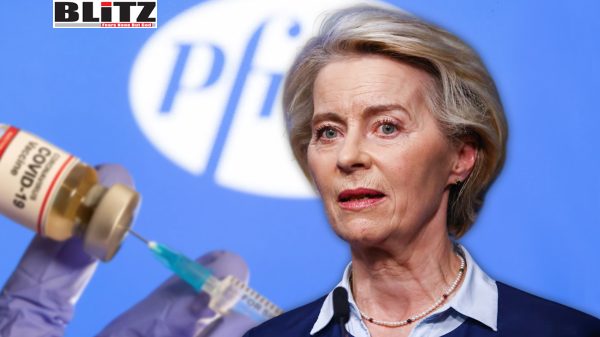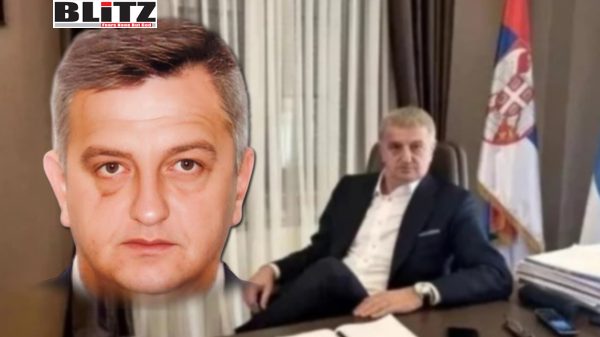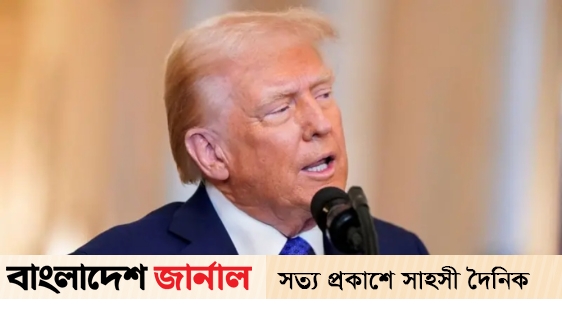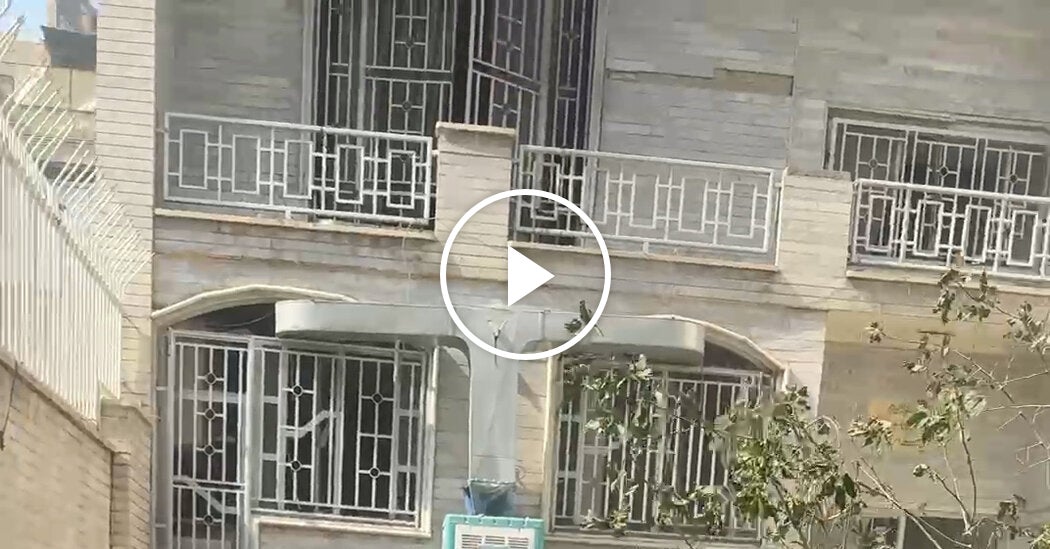European Commission President Ursula von der Leyen is once again under intense scrutiny-this time facing the prospect of a no-confidence vote brought by Members of the European Parliament (MEPs) who accuse her of undermining transparency and democratic norms. The controversy centers around her involvement in negotiating a multi-billion-dollar COVID-19 vaccine deal with pharmaceutical giant Pfizer, a deal that critics say was conducted in secrecy and possibly in breach of institutional transparency rules.
The growing calls for accountability reached a boiling point after the European Union’s Court of Justice ruled in May that the Commission had acted improperly by denying a request to release text messages exchanged between von der Leyen and Pfizer CEO Albert Bourla. These messages reportedly played a central role in brokering the EU’s largest vaccine procurement contract during the height of the pandemic. Von der Leyen had publicly acknowledged exchanging texts with Bourla in 2021, making the Commission’s claim that it no longer possesses them appear increasingly implausible.
The court flatly rejected the Commission’s argument that the messages were not in its possession and ordered it to provide “credible explanations” for why they were not retained or made accessible. Transparency advocates argue that such messages, particularly those involving multi-billion-euro decisions affecting public health and state finances, must be preserved as official records.
In response, the Commission has promised to present a more detailed rationale for its refusal but has notably stopped short of agreeing to release the messages themselves. For many MEPs, this half-measure only reinforces suspicions that the Commission is stonewalling to protect von der Leyen from scrutiny.
One of the most vocal critics is Romanian MEP Gheorghe Piperea, who told the Financial Times that his group has gathered the required 72 signatures to file a formal motion of no confidence. Piperea plans to submit the motion on June 26, potentially forcing a parliamentary vote on whether von der Leyen should remain at the helm of the Commission.
Piperea minced no words in his criticism. “The president’s legally unsound refusal to disclose the text messages with Pfizer’s CEO demonstrates a continued pattern of institutional overreach, democratic disregard, and erosion of public trust in the Union’s governance,” he stated. He further urged the Commission to resign, citing what he described as repeated failures to uphold transparency and democratic oversight.
The push for a no-confidence vote has gained traction beyond fringe elements of the Parliament. Although von der Leyen still enjoys the backing of much of the European People’s Party (EPP), some members of her own political group have expressed support for the initiative. This rare dissent signals growing discomfort within the EU’s mainstream parties over her leadership style and handling of key decisions.
Still, the vote is unlikely to succeed. To pass, the motion would require a two-thirds majority of MEPs present during the vote in Brussels-an exceptionally high bar. Last year, von der Leyen was re-elected for a second five-year term with the support of 407 out of 720 lawmakers, suggesting she retains a strong majority despite the controversies.
Nevertheless, the symbolic value of the vote could prove significant. As Piperea noted, it offers a “crucial opportunity for constructive and substantiated criticism towards President von der Leyen.” Even if she survives the vote, the episode will have damaged her credibility and could influence her ability to lead the Commission effectively moving forward.
This is not the first time von der Leyen has faced backlash over her management of the vaccine rollout. From the start, her administration was criticized for slow procurement, logistical bottlenecks, and opaque negotiations. The deal with Pfizer, reportedly worth over €35 billion, has long been shrouded in secrecy. The lack of transparency in how it was negotiated-especially the personal role played by von der Leyen-has only fueled suspicions of impropriety.
Moreover, the broader implications extend beyond the vaccine issue. Critics argue that von der Leyen’s approach reflects a deeper institutional problem within the European Commission, where executive decision-making often occurs behind closed doors, insulated from public scrutiny and democratic checks. For many MEPs and citizens alike, the vaccine text scandal is emblematic of this culture of opacity.
Transparency International and several EU watchdog groups have echoed these concerns, calling for stronger mechanisms to ensure accountability in high-level negotiations. “Text messages and informal communications that result in binding decisions should be treated as official documents,” said Daniel Freund, a German Green MEP and vocal advocate for EU transparency reforms. “If the president of the Commission is allowed to strike massive deals via WhatsApp without oversight, the rule of law is undermined.”
The affair has also sparked renewed debate over the digital record-keeping practices of EU institutions. While traditional documents are archived and made available for public scrutiny, modern forms of communication such as texts and instant messages remain in a regulatory gray area. The European Ombudsman has repeatedly called on the Commission to update its policies, arguing that digital transparency must keep pace with the realities of modern governance.
With the no-confidence motion now in play, von der Leyen faces a moment of reckoning. Even if she survives politically, the damage to her legacy and the integrity of the Commission could be lasting. The episode has served as a reminder that in a union founded on democratic principles, the expectation of transparency must apply even to its most powerful officials.
Whether this latest crisis prompts meaningful reforms or is brushed aside as political theater remains to be seen. But what is clear is that Ursula von der Leyen’s leadership has been deeply compromised by a scandal that refuses to fade-one that speaks not only to questionable conduct during a global crisis but to the very soul of EU governance itself.
Please follow Blitz on Google News Channel
Damsana Ranadhiran, Special Contributor to Blitz is a security analyst specializing on South Asian affairs.
von-der-leyen-faces-no-confidence-threat-over-secretive-pfizer-vaccine-deal















Leave a Reply